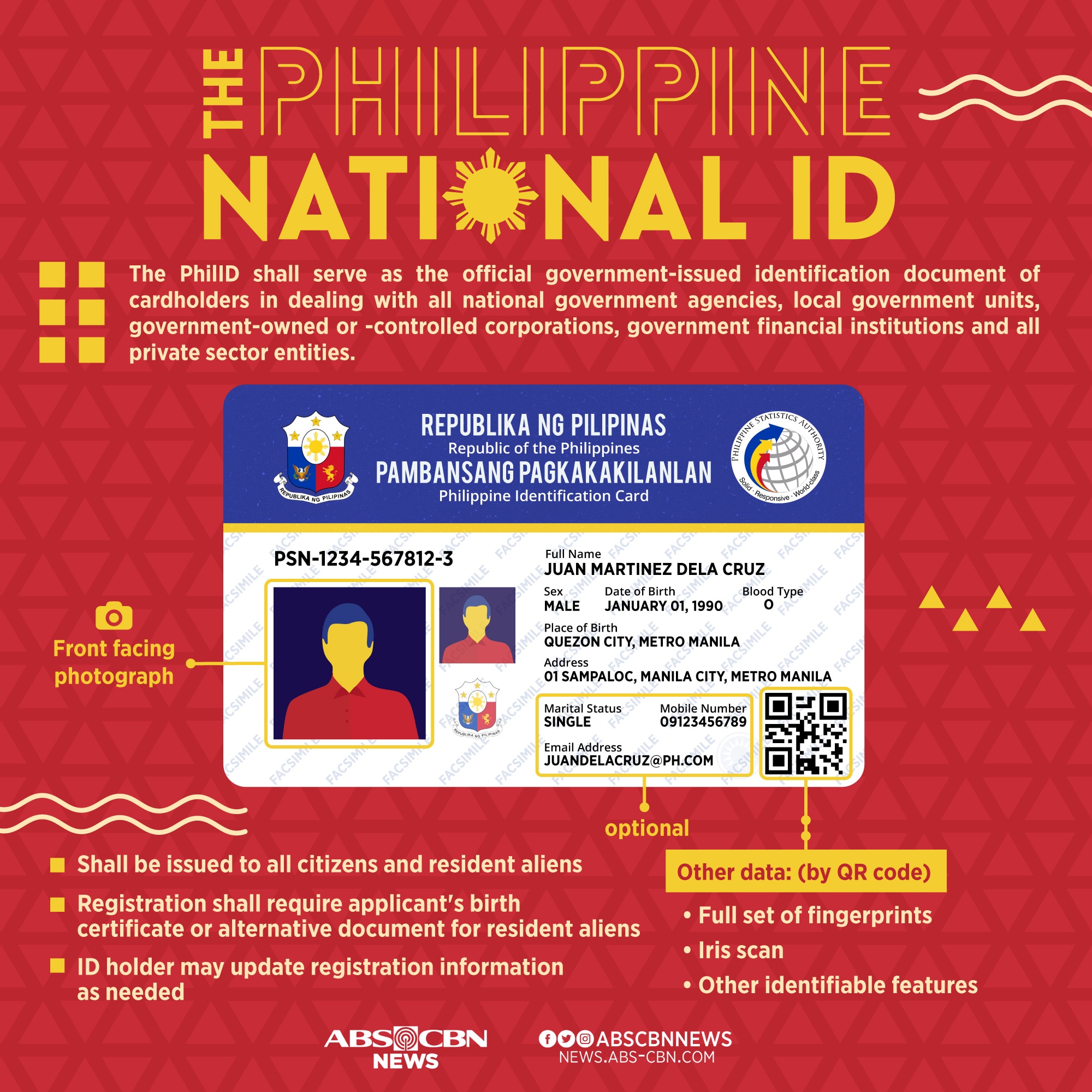The Need for a National Identity System
Lack of a Single Form of ID
Many people in the UK lack a single form of identification that can prove who they are. photo identity national identification cards like passports and driving licenses require the holder to travel internationally or drive, but not everyone needs or wants to do those activities. Utility bills and bank statements are often only accepted as proof of address rather than identity. My wife faced this issue as she does not drive and lacks a passport, so she had no single document with her photo that could identify her such as her birth certificate.

Renewing Existing Forms of ID
The forms of identification that some people rely on like passports and driving licenses need to be renewed every 10 years, which comes with a cost. A passport renewal is over £75 while a license is £17 or more to renew. identification renewal procedure Having to renew critical ID documents so frequently is an inconvenience. Birth and adoption certificates also do not have photos and must be carried together in a “sheaf of documents”. For those wishing to avoid car ownership and international travel, renewing licenses or passports they don’t need is an unnecessary expense and hassle.
Lack of ID Poses Problems
Not having a current valid form of photo ID can cause issues, like what my father experienced. Due to his dementia, I have power of attorney over his finances. However, a financial services identity verification company he had dealt with for years noticed they lacked up-to-date identification for him. As he no longer drives or has capacity to apply for a passport, they could not verify him without something with a photo. This posed a problem for maintaining his financial accounts.
Arguments for a National ID System
A singular national identity card providing photo identity without additional requirements could solve these issues. It would allow those who don’t drive or travel abroad to easily prove their identity. Proponents argue modern methods could make a national ID card simple, like a National Insurance card with optional linkage to identifiers like NHS numbers. Opponents cite fears over potential misuse, but existing ID forms are far less secure. Lacking a national choice limits individual freedom and forces people into activities like car ownership solely for the ID purpose. Our grandparents fought for freedom, not freedom from paperwork or identification systems themselves.
Benefits of a Singular National ID
A national identity card holds several benefits. It could provide a universal form of photo ID accepted everywhere, solving verification issues. Renewals would not be needed as frequently as passports or licenses and come without attached costs. citizen identification accessibility Those without other qualifying ID would have an easy means to prove who they are for purposes like opening bank accounts or registering with the doctor. From an administrative perspective, a centralized system may reduce duplication across siloed identity databases and offer a more convenient digital verification process using modern authentication methods.
Design Considerations for a National ID System
Of course, successful implementation would require addressing privacy and security concerns. A national ID card system must be designed with strong protections for citizens’ personal information and biometric data. Controls are needed to prevent function creep or mission drift over time from the stated identity verification purpose. The national identity database privacymust keep data securely stored and only accessible by authorized persons for legitimate identity confirmation. Options like an individual PIN code or two-factor authentication could enhance security. To ensure choice, alternative qualifying ID forms should still be accepted wherever possible for those objecting to a standardized national card system. Proper engagement and discourse is also key to building public consensus and trust.
Individual Freedom and Modern Methods
Overall, a thoughtfully implemented national ID system need not diminish individual freedom or privacy if done right. As technology evolves, more innovative and secure methods exist compared to antiquated paper-based systems still in use today. Our forebears supported reasonable identification requirements; denying citizens a choice limits autonomy more than a universal verification solution properly designed and overseen democratically. By lending order, a national identity card may paradoxically enhance liberty through providing verified consent and participation in society for all. With wisdom and care, such a system could balance security, convenience and respected civil rights in the digital age. 